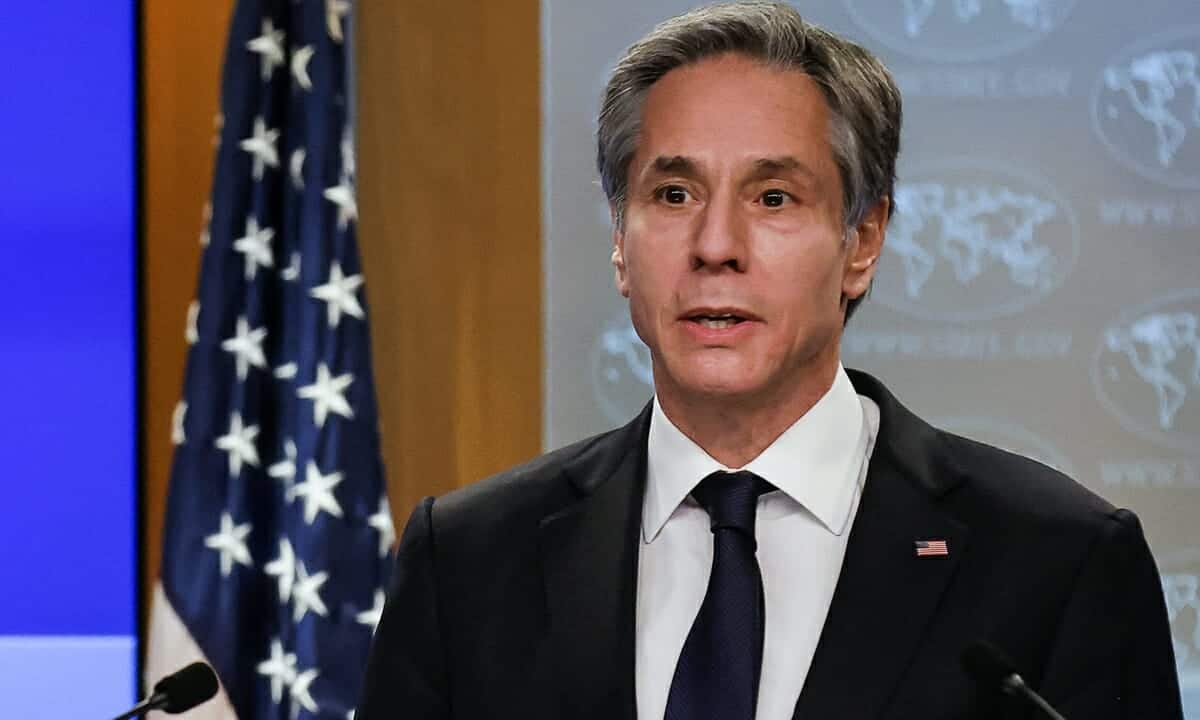Washington, United States – Russia’s withdrawal from the Black Sea Grain Initiative (BSGI) has led to a surge in global food prices by 10-15 percent, impacting everyone, including African nations, said US Secretary of State Antony Blinken during an interview with Al Jazeera.
The initiative was primarily established due to Russia’s invasion of Ukraine and the subsequent blockade of its ports, hindering grain exports, he added.
Blinken highlighted that more than half of the grain from the BSGI was directed towards developing countries, with two-thirds being wheat.
This supply was equivalent to 18 billion loaves of bread. However, Russia’s decision to abandon the agreement has led to a spike in prices and a shortage for countries previously receiving grain from Ukraine, he pointed out.
Blinken called on Russia to rejoin the BSGI for immediate relief in food prices. Additionally, he announced a $350 million food assistance package for 11 African countries and Haiti. Since Russia’s aggression against Ukraine, the US.has provided $14.5 billion to bolster food security globally, with a significant focus on Africa.
Blinken emphasized the US’s commitment to helping countries develop sustainable agricultural sectors.
He mentioned the US’s significant contribution to the World Food Program, providing 50 percent of its budget, in contrast to Russia’s less than 1 percent. The goal is to aid countries in building resilience against challenges like climate change, COVID, and conflict.
Condemning the use of food as a weapon of war, he said that 91 countries have signed a declaration at the UN opposing such tactics.
Addressing the political unrest in Niger, Blinken refrained from labeling it a coup but acknowledged the disruption of the constitutional order. He emphasized the collective efforts of many African nations, especially ECOWAS, and the U.S. in restoring the constitutional order in Niger.

